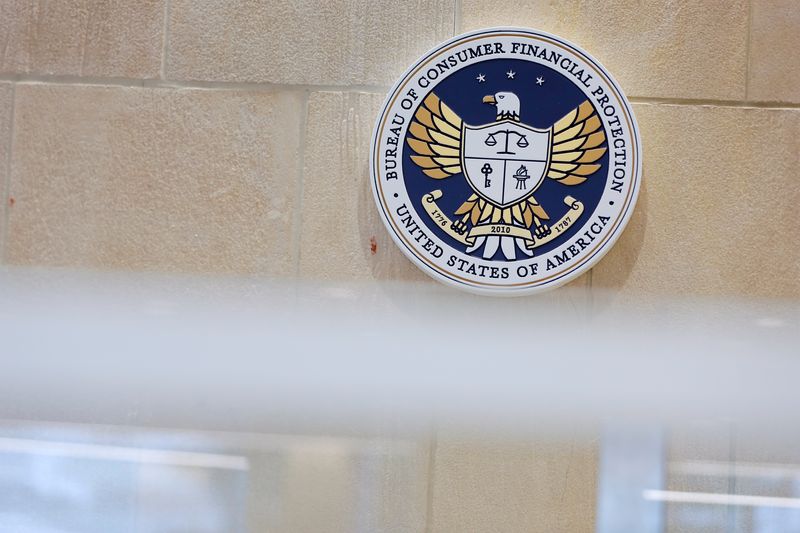Texas judge transfers credit card fee lawsuit to Washington, D.C. By Reuters

Jody Godoy
(Reuters) – A federal judge in a Texas court favored for conservative challenges to Biden administration policies on Thursday transferred a lawsuit challenging rules curbing credit card late fees to a Washington, D.C. court.
U.S. District Judge Mark Pittman said half of the business groups that filed the suit are headquartered in Washington, as are most of the lawyers representing them and the U.S. Consumer Financial Protection Bureau, which wrote the regulations the groups are trying to block.
The CFPB asked a judge to transfer the case because the card issuers covered by the rule are not headquartered in Fort Worth.
The U.S. Chamber of Commerce, which filed the lawsuit along with five other groups, countered that potentially affected cardholders live there.
Pittman, an appointee of former President Donald Trump, dismissed the claims Thursday and said he would allow lawsuits to be filed anywhere in the U.S. other than where the underlying incidents occurred.
“Location is not a continental breakfast. Where and how a lawsuit is filed cannot be chosen at the whim of the plaintiff,” Pittman said.
Spokespeople for the CFPB and the chamber did not immediately respond to requests for comment.
The groups urged Pittman to block the rule, which is set to go into effect in May, while the lawsuit proceeds, arguing that any changes that might be needed would require notices being sent to consumers starting Friday. They asked the 5th U.S. Circuit Court of Appeals to review Pittman’s decision not to expedite the case.
The rule addresses what the CFPB calls “excessive” fees charged by credit card issuers for late payments, which the consumer protection agency estimates costs consumers $12 billion annually.
Under the rule, credit card issuers with more than 1 million open accounts can only charge $8 in late fees unless they can prove a higher fee is needed to cover the cost. Previous regulations allowed issuers to charge up to $30 or $41 for subsequent late payments.
Pittman, one of two active federal judges in Fort Worth, has raised concerns about whether the lawsuit belongs in his court after federal court administrators announced a new policy aimed at curbing “judge shopping.”

The Fort Worth courthouse has become a favorite hangout for conservative litigants and business groups opposing President Joe Biden’s administration’s policies, including on student debt, guns and LGBTQ rights.
Pittman said Thursday that several factors support moving the credit card case, including that his court is busier than the Washington court and that taxpayers will pay for CFPB lawyers to travel to Texas.



